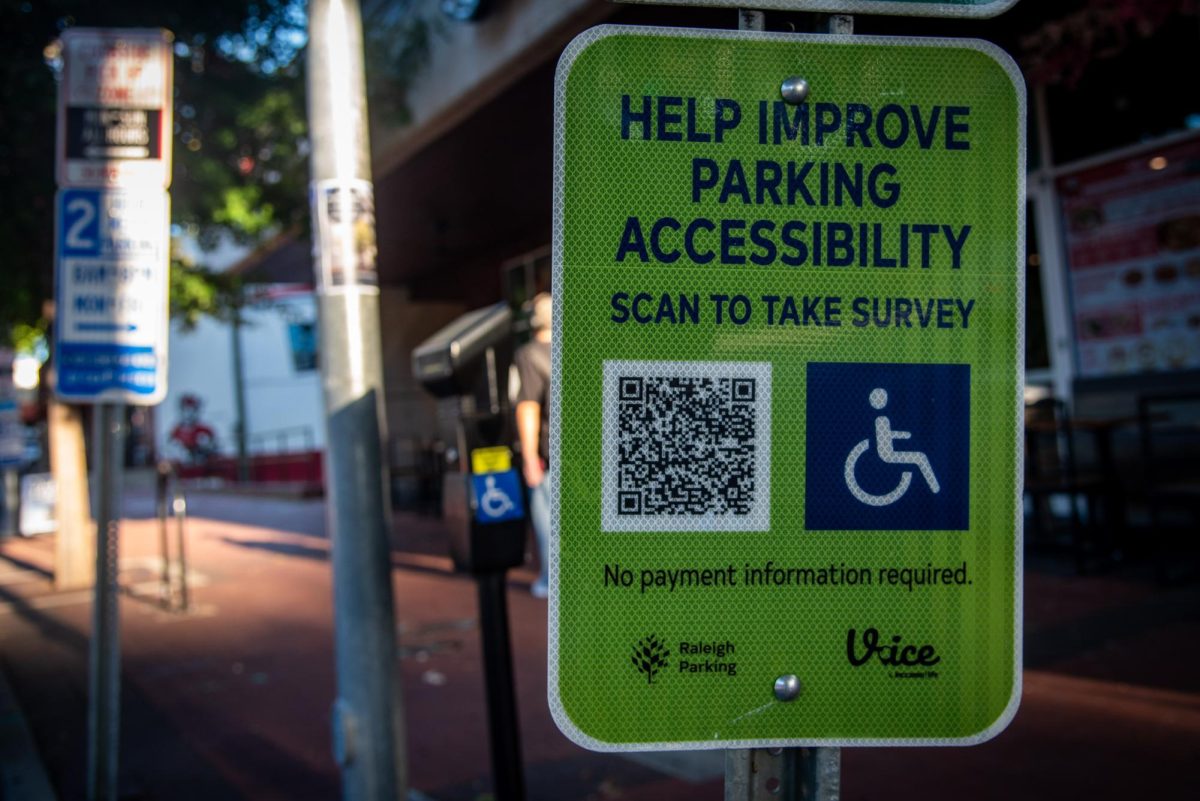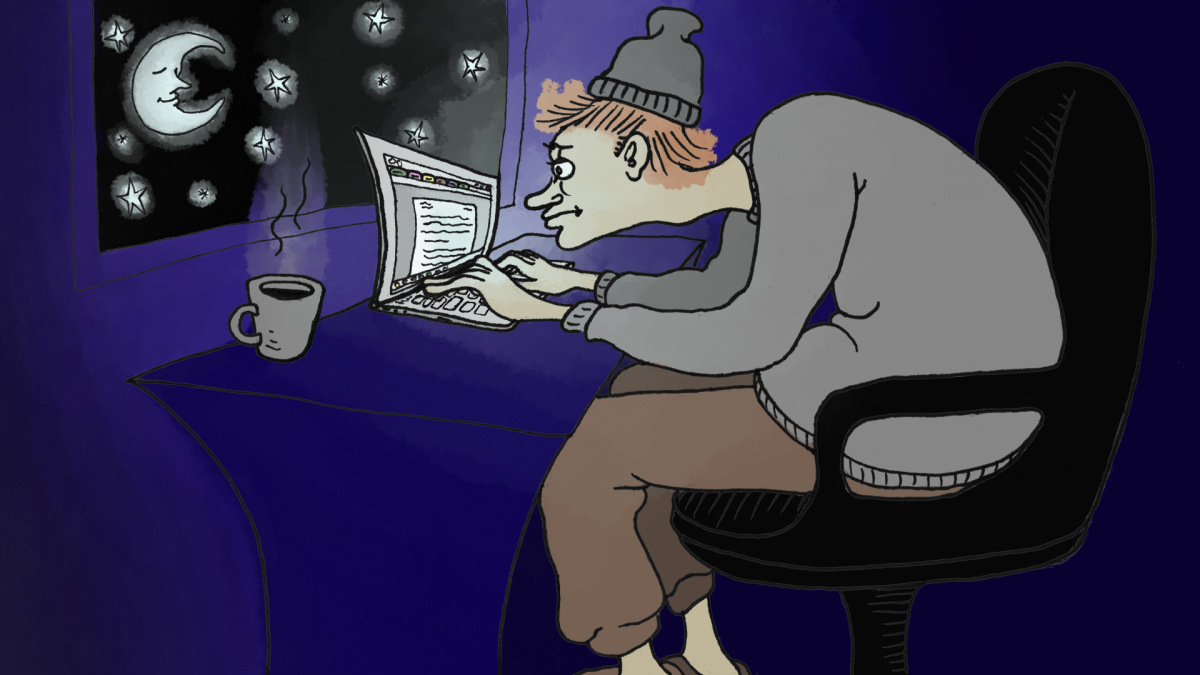In 2009, web programmer Anson Parker of Charlottesville, Virginia purchased a scanner on eBay sold by the University. In early January, Parker contacted the North Carolina Department of Justice and University officials claiming the scanner contained close to 15,000 scanned checks, including routing numbers and signatures.
Parker waited three years to contact the Department of Justice because he said he was wary of the government and how they would respond to him.
“I was really uncertain how to handle it… I decided that it would be important for me to keep an eye on this situation, because in my mind these are not people to be trusted,” Parker said through an email interview, the only form of communication Parker has allowed with Technician.
After a few days of hearing nothing from the Department of Justice, Parker contacted University officials Jan. 3.
“It seemed they weren’t certain about the veracity, so I published — and have since deleted – copies of a few hundred of the checks with the routing numbers and signatures cropped,” Parker said.
Sergeant William Davis of Campus Police contacted Parker, wishing to prevent the information on the scanner “from being released to others or inappropriately used.”
“In recent years, the University has installed controls and safeguards to prevent this type of incident from occurring again,” Davis said, asking Parker to return the scanner to the University and destroy duplicate copies of the information.
Brad Bohlander, associate vice chancellor for University Communications, said the University opened a police investigation into the matter. The information on the scanner dated from June 2004 to April 2006 and was “used while transitioning to a newer system” of data storage.
“There is no indication at this point that the data has been used,” Bohlander said. “The University is currently working to alert anyone who could potentially be affected.”




